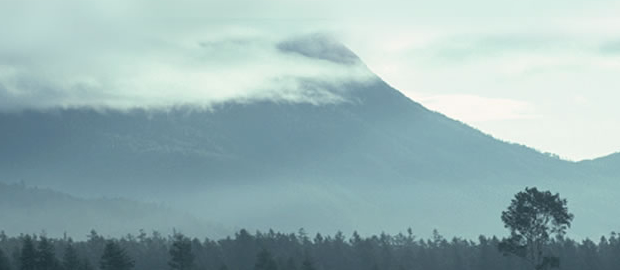
Noah, Noah, know that it is you.
Know that you are Noah, and that your flesh is the ark.
Your flesh that is the ark that will carry the myriad wild beasts.
Traveler whose heart wanders lost in a wild sea of fate upon the raging floodwaters.
People, you will come to seek rest. You will release to Heaven the dove of peace that is within.
You will search for a peaceful land.
Seek and you will receive. Pray and you will be heard. Knock and it will open.
People, you will become Ararat. You will someday attain the summit of enlightenment.
Then will you stand in the eternal land. Then will you unload the myriad wild beasts.
You will become light itself. You will return to the light that is you.
[That which is of the flesh shall with the flesh be destroyed. That which is of the spirit shall live a life of eternity.]
These are the words of a saint, but with the conflicts and struggles raging in the world of religion today, I have chosen to eradicate the religiosity of the phrase by not indicating the name. There are those, however, who know these famous words.
If you compare the poem “Noah” with the words of this saint, you will find that you approach the question of the innate nature of man as being fundamentally good or fundamentally evil. Seen from the spiritual dimension, you recognize that man’s nature is “nothingness, emptiness, and fundamentally good.”
Because people are made of flesh, they revolt against their conscience. They give in to their appetite, to their sexual desire, and to their greed in order that the flesh may thrive. They oppose all other things, and are consumed by their combative instincts and passions. The intellect becomes egotistical and reason fades. They commit all variety of sin and show not the least constraint.
